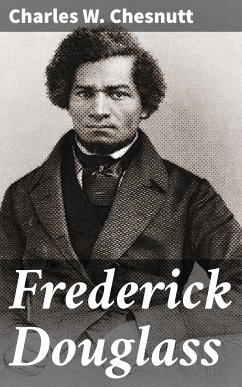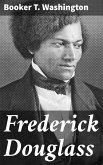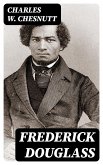In "Frederick Douglass," Charles W. Chesnutt intricately weaves the compelling narrative of one of America's foremost abolitionists and orators, delving into the complexities of Douglass's life, ideologies, and enduring legacy. The book employs a rich literary style that combines biographical detail with an incisive analysis of the socio-political landscape of 19th-century America. Chesnutt'Äôs contextualization of Douglass within the continuum of African American literature highlights the themes of resilience, identity, and the fight for equality, reflecting the broader literary movement of realism that sought to depict the true struggles of marginalized individuals. Charles W. Chesnutt, an influential African American writer, was deeply rooted in the issues of race and social justice, which undoubtedly informed his portrayal of Douglass. Born in 1858, Chesnutt's own experiences with racial discrimination and his work as a social reformer provided him with a unique lens through which to assess Douglass's impact. His familiarity with the Harlem Renaissance and its emphasis on cultural identity also plays a critical role in shaping the narrative. This book is an essential read for anyone interested in American history, the abolitionist movement, and African American literature. Chesnutt's eloquence and depth of insight serve as a powerful tribute to Douglass'Äôs contributions, making this work a timeless reflection on the quest for freedom and dignity.
Dieser Download kann aus rechtlichen Gründen nur mit Rechnungsadresse in A, B, BG, CY, CZ, D, DK, EW, E, FIN, F, GR, H, IRL, I, LT, L, LR, M, NL, PL, P, R, S, SLO, SK ausgeliefert werden.









